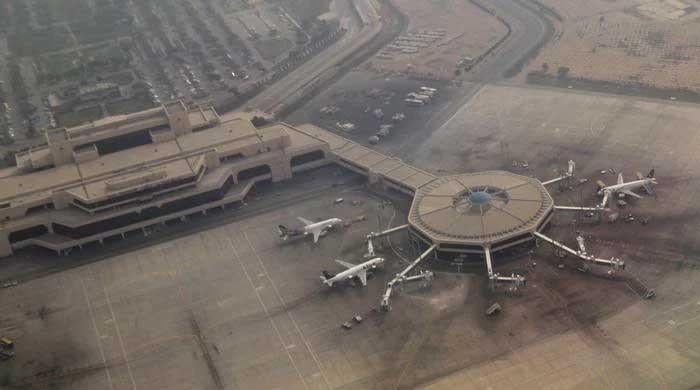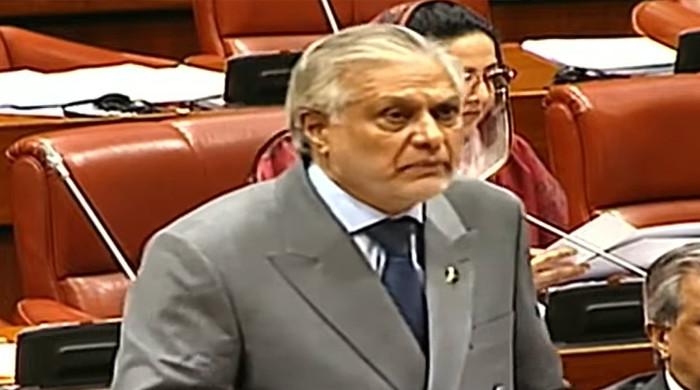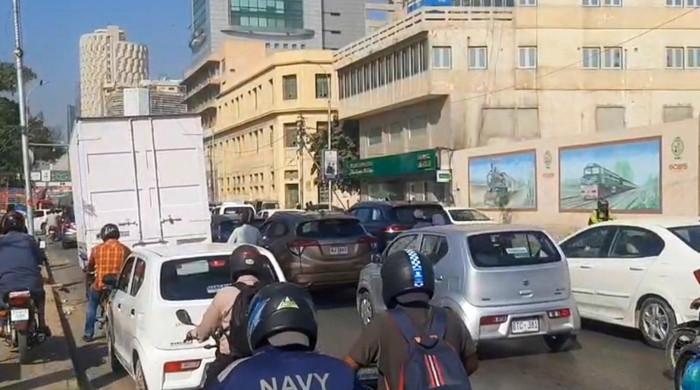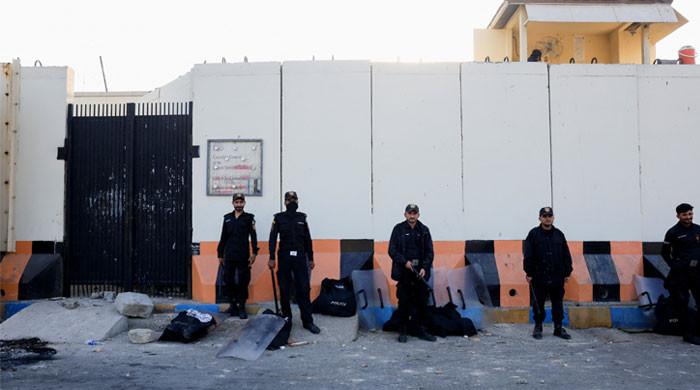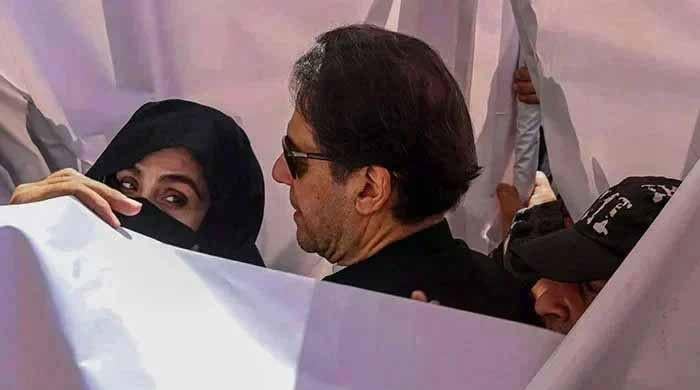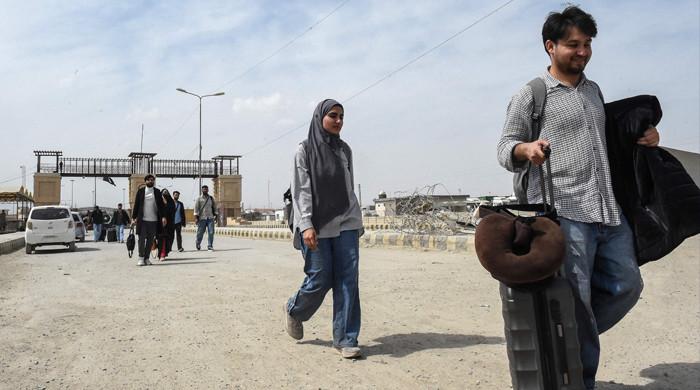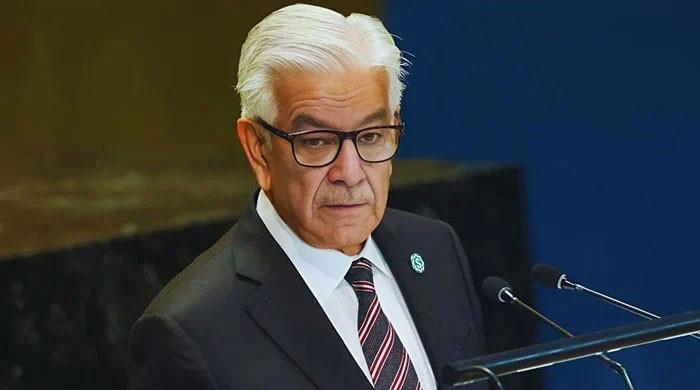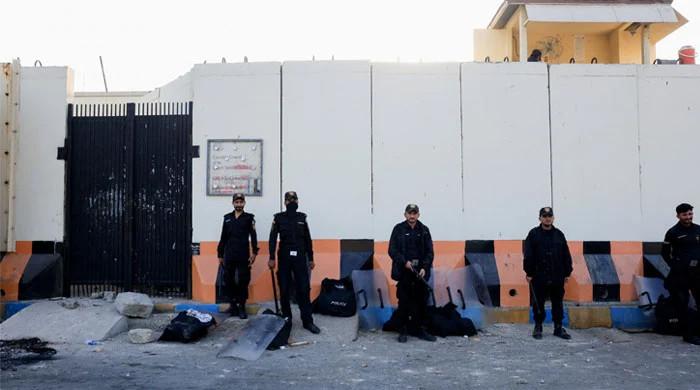Treating citizens and regions with equality will dent extremist spaces, say experts
Swat militants did not have any concrete, institutional and viable system for justice and governance, discloses Senator Afrasiab Khattak
April 18, 2017
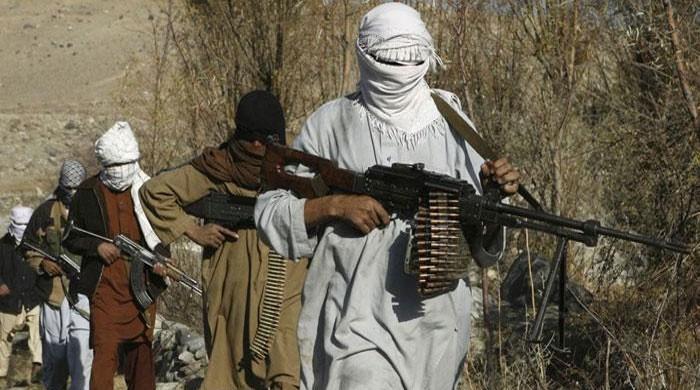
ISLAMABAD: Senior leader of Awami National Party Senator Afrasiab Khattak has disclosed that Sufi Muhammad — the emir of Tehreek-e-Nifaz-e-Shariat-e-Mohammadi (TNSM) — failed to give an alternative judicial system at a time when Swat unrest was at the peak.
“In 2009, during the peak of Swat unrest, we held talks with Sufi Mohammad and met him at a Madrassa located in Mingora to discuss his demand for 'Nizam-e-Adl'. I asked him for a written proposal explaining his demand but he didn't have anything in black and white. Subsequently, I offered him an Urdu translation of a draft law about ' Nizam-e-Adl,' but he said that he was not interested in drafts. I asked him to give an alternative recommendation, at which he (Sufi Mohammad) said we need Qazis, who should be pious by character and appearance,” disclosed Senator Khattak.
He was speaking during a closed-door working group discussion “Constitution, Governance, and Citizenship”, the fifth in a series conveyed by Pak Institute for Peace Studies (PIPS), an Islamabad-based think tank, on countering violent extremism in the country.
Khattak was of the view that even Sufi Muhammad, who was supposed to be an ideologue of the Swat militants at that point of time, had not prepared any solution to the grave issues confronted by the state, which reflects that the militants do not have any alternative system of justice and governance.
“Their only aim is to demolish the state system and impose a fascist rule.”
The experts present at the meeting unanimously recommended that “to deal with the menace of extremism in the long run, there is a need to treat all citizens of the country and their areas with equality, as promised in the constitution. Only then can the ideological and physical spaces against militants be secured.”
Following recommendations were suggested by the working group:
Members of the group underscored that even though the constitution of Pakistan vows equality to all, in practice, some are accorded less treatment than the others. This “exclusion” appears in violent extremism one way or another way.
One way this exclusion manifests is how religious minorities among the worst to be hit by violent extremists. Their rights, despite promises in the constitution, are not provided.
Participants called for promoting the concept of citizenship which accepts all Pakistanis, irrespective of their faiths and ethnicities. This framework of citizenship will automatically help in embracing minorities, otherwise pushed to the sidelines. Gestures like acknowledging the contribution of non-Muslims in Pakistan shall be undertaken.
It was recommended that “education leading to social apartheid” should be abolished. To instil how diverse Pakistani citizens are, courses on “citizenship” be taught at different levels. All shades of opinion of all citizens, within the ambit of the constitution, should be accepted and provided space. A dedicated TV channel streaming parliament’s sessions can serve a healthy avenue.
Seen from another angle, violent extremists are able to find their space through excluded areas, where normal application of law is missing. FATA, with its distinct administrative code, is one such example. The group recommended that specially designated areas like FATA, Balochistan’s B-Area, and Gilgit-Baltistan, be done away with.
To peel off militant recruits, members also touched upon providing efficient services to all, especially robust criminal justice system.
A strengthened justice system will help prosecute militants, as is commonly said. The point is also highlighted in the National Action Plan. But more than that, a responsive criminal justice system, especially at lower level, will help deter criminals in the first place, many of whom are then radicalised by militants. Similarly, bereft of a robust criminal justice system, extremists have also invoked the call to justice, in their attempts to attract people.
To this end, the group called for investing in lower policing system as well as prison centres. It was also recommended that procedural overhauls be carried out, especially in collecting evidence.
Members of the group included Ghazi Salahuddin, senior journalist; Yaqoob Bangash, historian; Barrister Shahzad Akbar, lawyer; Dr A. H. Nayyar, educationist; Afrasiab Khattak, former senator; Ammar Khan Nasir; Islamic scholar; Dr Niaz Murtaza, political scientist; Khursheed Nadeem, columnist and anchor; Khalid Aziz, former secretary, KP; Dr Farhan Zahid, security researcher; Humera Mufti, NACTA; and Muhammad Ismail Khan, PIPS.




